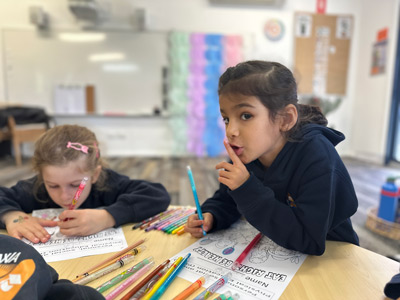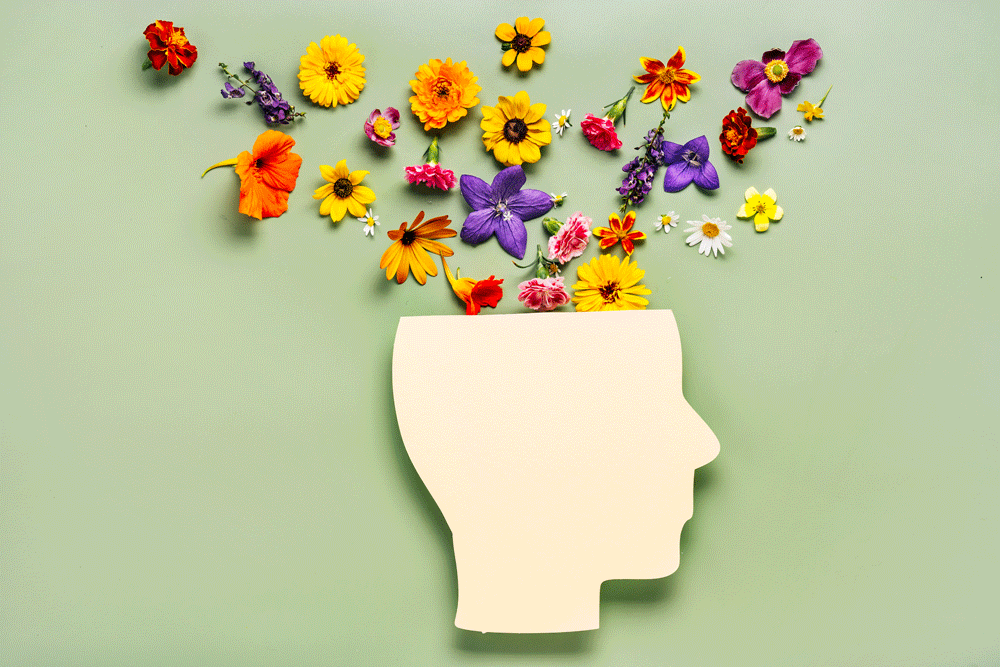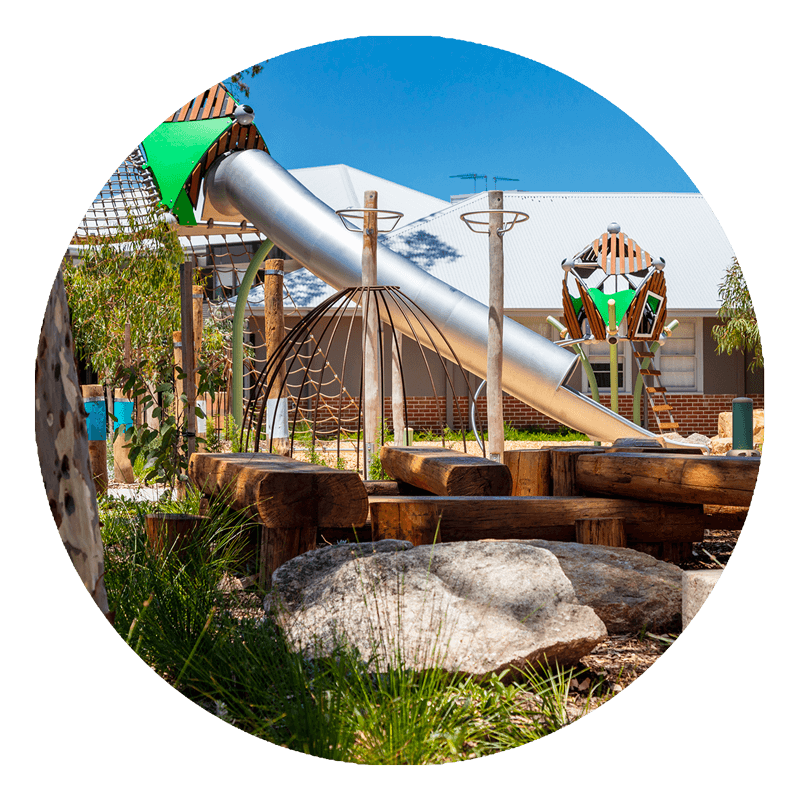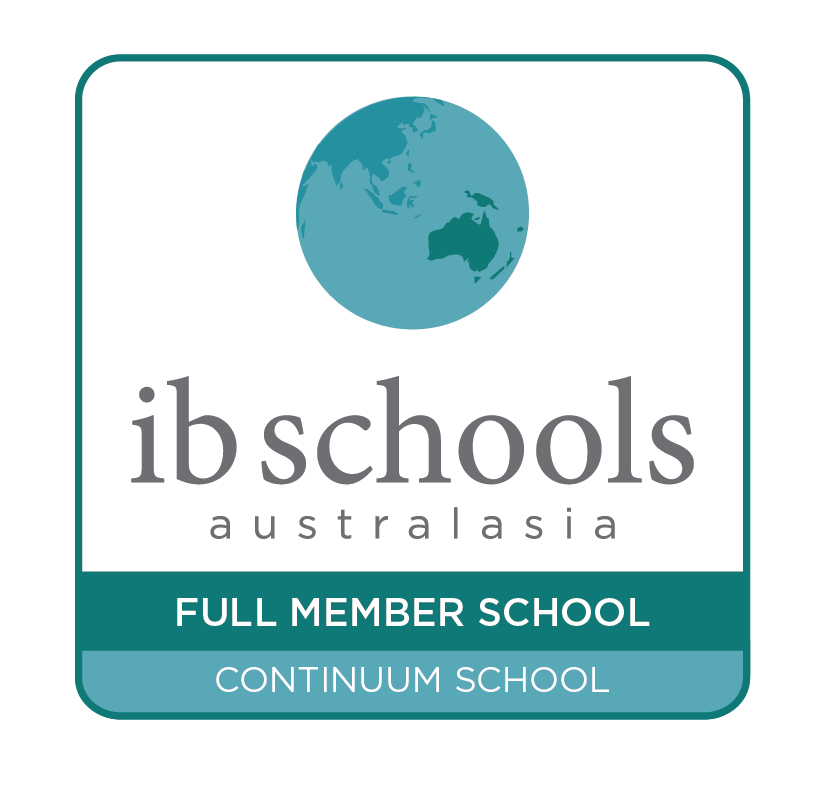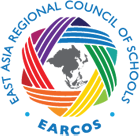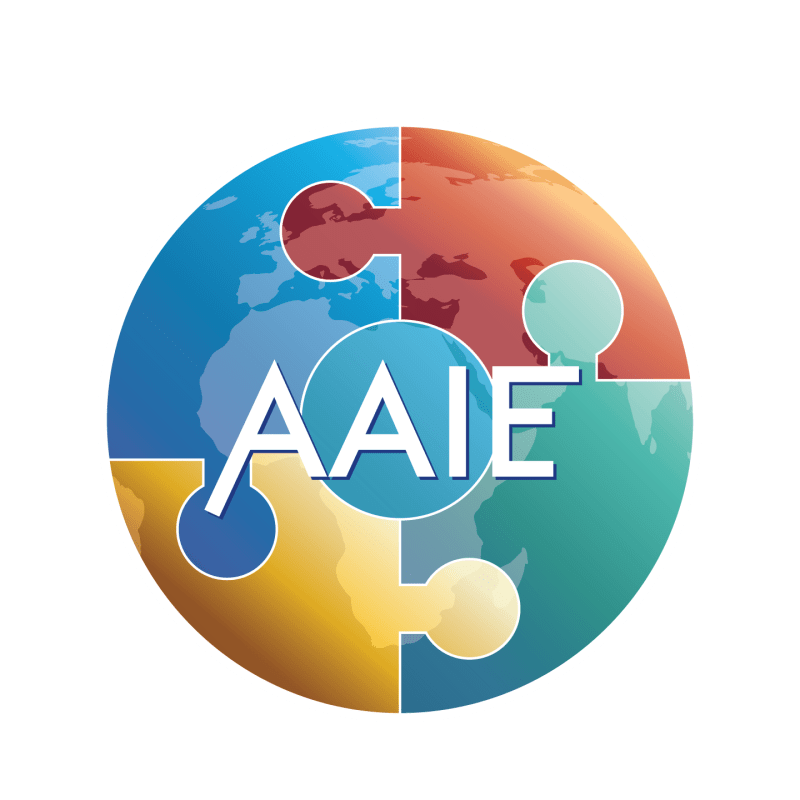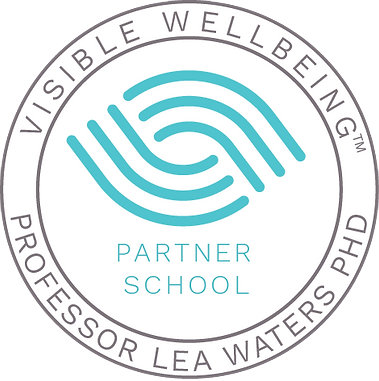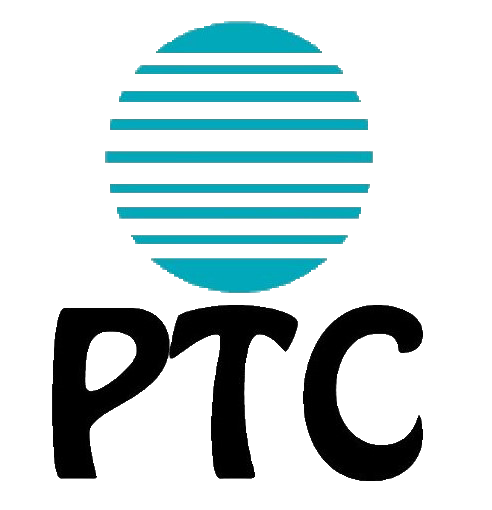Relating to and connecting with people is one of the most significant contributors to our wellbeing. Relationships boost our resilience and optimism. Whether these connections are with partners, friends, families, school/work peers, neighbours or people in our clubs and teams, they contribute to our sense of self-worth, support and meaning.
‘R’ = Relationships in the S.E.A.R.C.H. model at the centre of Visible Wellbeing.
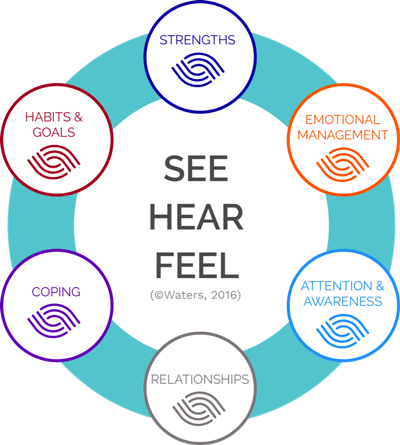
Our social networks can contribute to a sense of belonging. These relationships result in us being healthier and sometimes even living longer. They matter for our happiness. Positive emotions and behaviours have also been shown to be contagious. Having people we can rely on, trust and who value, encourage and love us improves our resilience. As a social species, we need to connect, irrespective of whether we are naturally more extroverted or introverted. Researchers tell us that enduring loneliness, for example, can harm not only our psychological but also our physical health.
‘We can improve our relationships with others by leaps and bounds if we become encouragers instead of critics’ — Joyce Meyer
Professor Lea Waters states that ‘The social skills of children and teenagers play an important role in allowing them to develop nourishing relationships. Understanding and managing our relationships with others is a key pathway to wellbeing’. This is one central reason why, at ISWA, we know our students well, and we forge affirming relationships. Thousands of small interactions occur every day at school, and these ensure our community flourishes.
Given that we’re now also conversant with and use the language of Visible Wellbeing, our students can feel confident that we are enacting our purpose, commitments and values each day. Having in excess of 61 nationalities at ISWA we are ideally placed to model and practice inclusivity and kindness. In fact, the most current research in positive psychology (The International Positive Psychology Association’s 8th World Congress (IPPA) in Vancouver, Canada, July 2023) resoundingly reinforces our philosophy.
Understandably, there continues to be comprehensive research in the field of positive psychology and wellbeing. Shigehiro Oishi, a researcher at the University of Virginia, coined the term ‘psychologically rich life’ by which he meant a life consisting of ‘curiosity, adventure, novelty and variety, exploration and openness’. To achieve this kind of life, the advice is to remain receptive to new learning, respond more spontaneously to opportunities and ‘…psychological richness can slowly build up over time…’. Additionally, each year, the Gallup World Poll asks people from more than 150 countries about their well-being. Questions focus on levels of satisfaction with life, enjoyment during each day and how frequently people laughed or smiled. This is described as ‘… a kind of energetic happiness characterised by feelings of excitement, enthusiasm, and elation’. Since 2020, the Global Well-Being Initiative has worked with Gallup to investigate various aspects of wellbeing, such as how calm and content they are. Their results indicate that ‘...people who experience more balance, harmony, and peace are more satisfied with their lives’.
So, how do we manage this? By being aware, open-minded, curious and non-judgemental about both our own and other cultures. By trying to focus on what we’re grateful for each day and remembering that joy can be found in quiet moments. We can practise sitting with inevitably more negative emotions, too, because everyone experiences these. We can listen, demonstrate respect, be honest and, as Maya Angelou said: ‘Try to be a rainbow in someone’s cloud.’
Christine Rowlands – School Councilor

